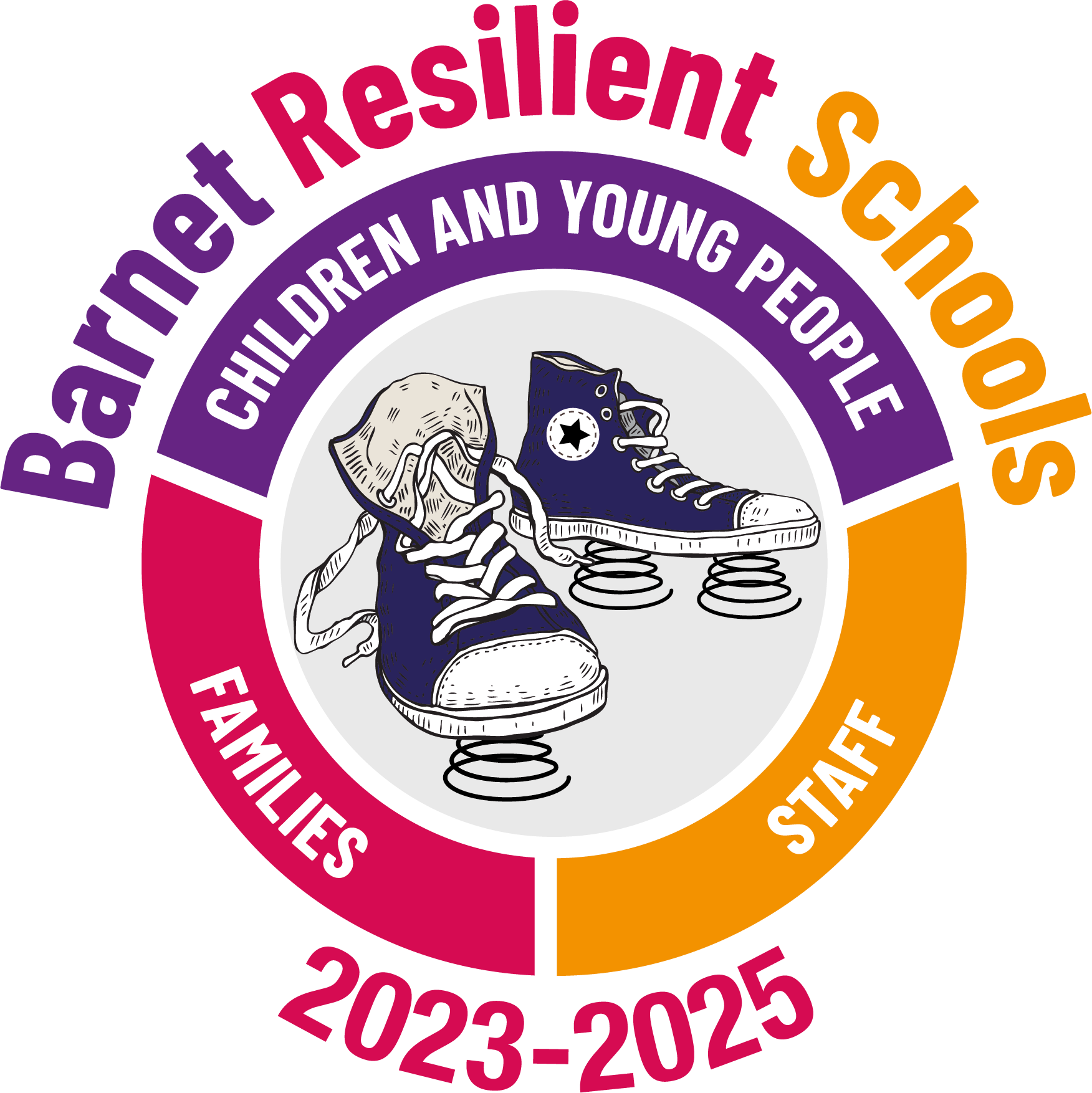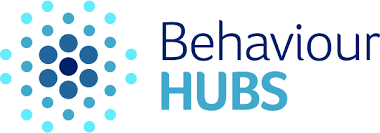BTEC Sport
BTEC Sport Level 3
NATIONAL EXTENDED DIPLOMA
Course Content
Unit 1: Anatomy and Physiology
Unit 2: Fitness Training and Programming for Health, Sport and Well-being
Unit 3: Professional Development in the Sports Industry
Unit 4: Sports Leadership
Unit 5: Application of Fitness Testing
Unit 6: Sports Psychology
Unit 7: Practical Sports Performance
Unit 8: Coaching for Performance
Unit 9: Research Methods in Sport
Unit 10: Sports Event Organisation
Unit 11: Investigating Business in Sport and the Active Leisure Industry
Unit 12: Development and Provision of Sport and Physical Activity
Unit 13: Current Issues in Sport
Unit 14: Skill Acquisition in Sport
Unit 15: Sports Injury Management
Unit 19: Sport and Exercise Physiology
Teaching Styles
To prepare for both external and internal assessments, students will develop an analytical and applied understanding of sport through a range of practical and theoretical methods.
Lessons combine classroom learning, laboratory-style practical sessions, independent research, and field-based activities. Students are encouraged to:
- Apply sport science principles to real-life performance and coaching contexts
- Evaluate the effectiveness of training and fitness programmes
- Develop communication and leadership skills through group activities and peer-led sessions
- Prepare thoroughly for externally assessed units through structured practice tasks and mock assessments
Internal assessment will involve a range of written assignments, case studies, practical observations, and project-based tasks, while external assessment includes formal written and task-based exams.
Examination Board: Pearson (Edexcel)
Specification: BTEC Level 3 National in Sport
Career Opportunities
The BTEC Level 3 National in Sport equips students with the specialist knowledge and transferable skills needed for higher education or careers within the sports industry. Learners will gain experience in leadership, analysis, communication, organisation, and applied science, preparing them for a wide range of opportunities.
Students who complete this qualification can progress to:
- Higher Education: Sport and Exercise Science, Sports Coaching, Sports Management, Physical Education, Sports Therapy, or related university degrees
- Employment: Personal Trainer, Fitness Instructor, Sports Coach, Sports Development Officer, or Leisure Centre Management
- Apprenticeships: Supporting roles in community sport, physical activity, and fitness industries
The course’s practical and vocational focus enables students to develop professional behaviours, self-discipline, and initiative — key attributes valued by universities and employers alike.



